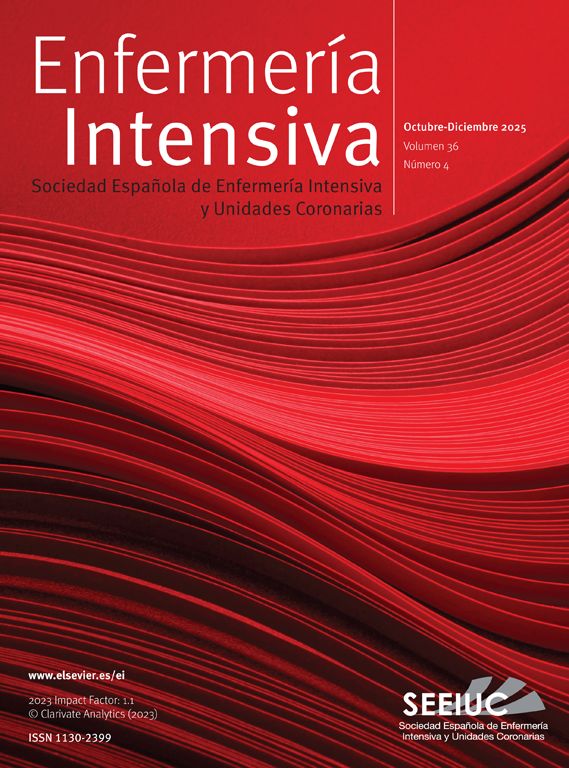El conocimiento por parte de los profesionales de enfermería de las experiencias vividas por los pacientes contribuye, sin duda alguna, a una mejor comprensión de su proceso de salud, lo que permite fundamentar mejor todas las intervenciones de enfermería. Esta investigación tiene como objetivo describir la experiencia vivida en Cuidados Intensivos por los pacientes sometidos a trasplante hepático. El diseño de este estudio cualitativo es de tipo fenomenológico descriptivo, realizado en una muestra de diez pacientes que fueron entrevistados en profundidad y cuya información se grabó en cinta magnetofónica. Los datos se transcribieron íntegramente y fueron analizados siguiendo el método de Giorgi (1985) modificado por Baker en 1994. Tras el análisis de los datos surge la descripción general que recoge cinco temas que reflejan la esencia de la experiencia vivida por este grupo de pacientes: las predisposiciones que tenían marcaron su llegada al trasplante, destacaron algunas impresiones captadas del ambiente de Cuidados Intensivos sensaciones vividas, tuvieron una percepción del “cuidar” científico y humanístico, encontraron apoyo en el entorno social (familia) y en las creencias religiosas y la idea preconcebida de la UCI contrastó con la realidad vivida. Esta investigación nos ha permitido conocer con profundidad la experiencia vivida en UCI por los pacientes con trasplante hepático, y en base a estos resultados se pueden optimizar algunas intervenciones incluidas en el plan de atención de enfermería de estos pacientes.
Nurses’ knowledge of patients’ experiences undoubtedly contributes to a greater understanding of the health process and provides a better basis for nursing acts. The aim of this study was to describe the experiences of patients with liver transplantation in the intensive care unit (ICU). The design of this qualitative study was phenomenological and descriptive. The study was performed in a sample of 10 patients who were interviewed in detail. A tape recording was made of the interview. The recordings were transcribed verbatim and were analyzed using the method of Giorgi (1985), modified by Baker in 1994. The data were analyzed and a general description was made, which included five aspects reflecting the essence of the patients’ experiences: the patients arrived at the hospital with certain attitudes and beliefs; certain impressions of the atmosphere in the ICU and sensations experienced were notable; the patients experienced that they were receiving scientific and humanistic “care”; they found support in the social environment (family) and in religious beliefs, and their preconceived idea af the ICU contrasted with their experience. This study provides detailed information of the experiences of patients with liver transplantation in the ICU. The results can be used to optimize certain acts included in these patients’ nursing care plans.







